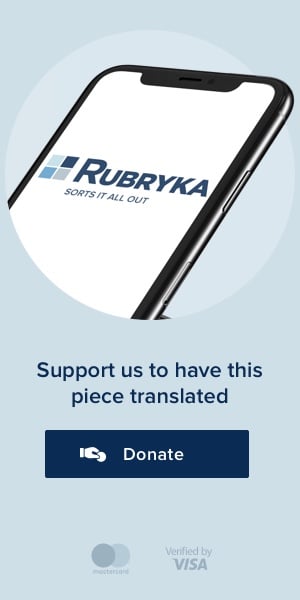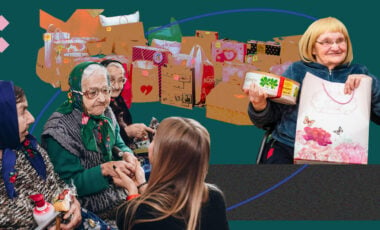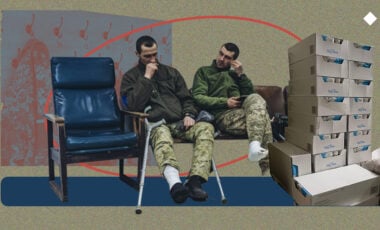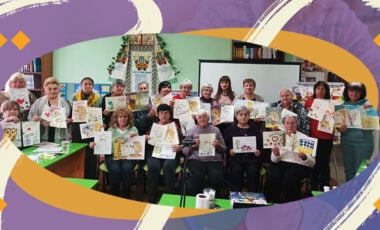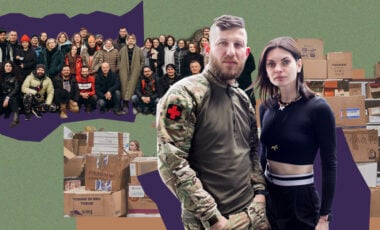Octopuses for babies: how they help the prematurely born in Lviv
How octo-movement saves little lives
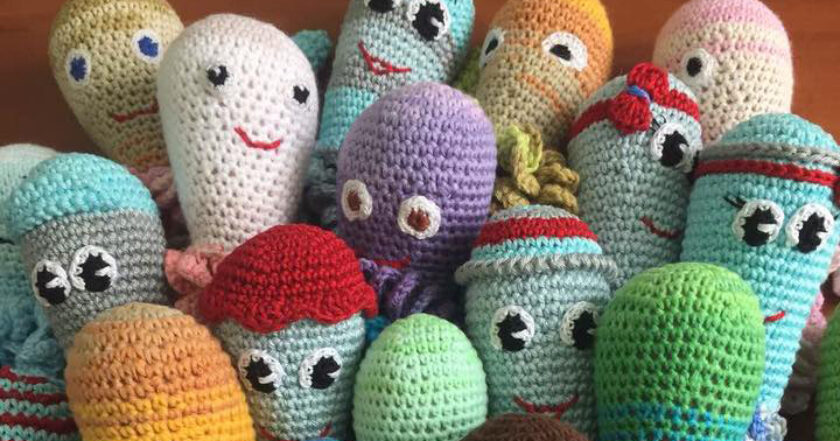
Babies born prematurely have a hard time in the first months of their lives. These babies, affectionately referred to as "rushers," not only have a critically low weight and a defenseless touch. Premature newborns, whose body has not yet fully formed, have problems with skin sensitivity, temperature control, often cannot breathe and suck on their own.
The World Health Organization estimates that 15 million premature babies are born worldwide each year. To survive, such babies need special conditions, special care, and constant monitoring immediately after birth. Instead of the first akin and desirable embraces of the mother, the kid appears in an intensive care unit.
Modern high-tech equipment and expensive medicines are needed to save the health and life of a premature baby. Besides, success is impossible without highly professional staff, and we have them in Ukraine. The network of modern equipped perinatal centers, where experienced and dedicated medical workers provide medical care for premature babies, is growing every year. And people, helping doctors and nurses to take care of the babies are Ukrainian craftswomen, who crochet beautiful and colorful sea creatures, like octopuses and jellyfish.
This fall, Lviv volunteers invited everyone who knows how to crochet to create an octopus for premature babies staying in the Lviv Regional Perinatal Center.
This publication is available in Ukrainian and Russian. The English translation hasn’t been produced yet. Support us to make the translation faster - follow the link for instructions
